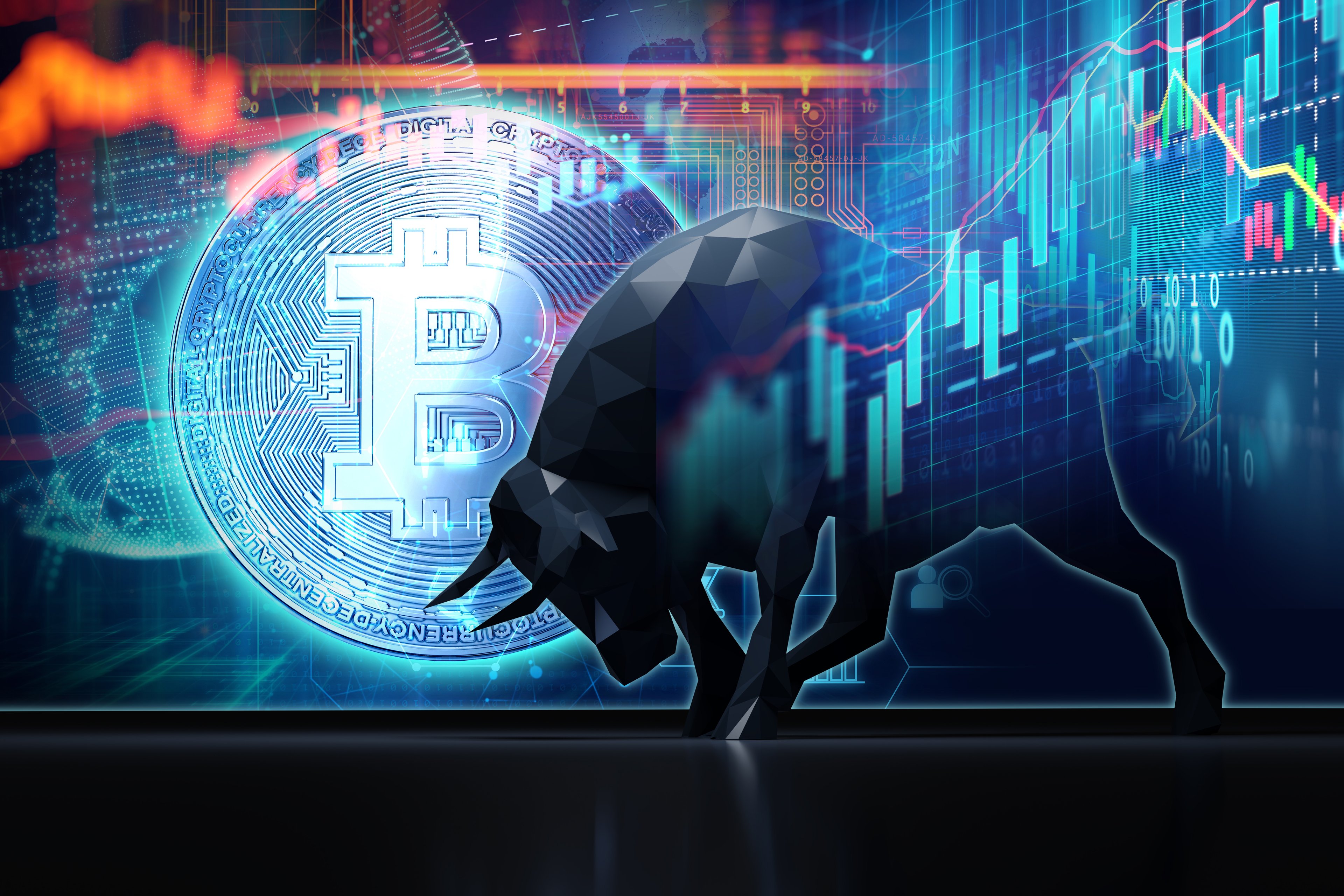The cryptocurrency markets boomed after Donald Trump's presidential election win last year, with the total value of all coins and tokens in circulation hitting a record high of $3.9 trillion in December.
However, the industry's top coins like Bitcoin and Ethereum didn't deliver the strongest returns. The best performer of all major cryptocurrencies in 2024 was Dogecoin (DOGE 0.89%), closely followed by XRP (XRP +0.80%):
Dogecoin Price data by YCharts
They have lost momentum in 2025 with XRP down 7% on the year, and Dogecoin nursing a whopping 48% decline. In theory, both tokens could benefit from Trump's pro-crypto agenda over the long term, so which one might be the better buy right now? The answer might surprise you.

Image source: Getty Images.
The case for XRP
XRP was created by a company called Ripple to standardize transactions within its unique payments network. Ripple Payments is designed to connect global banks no matter what existing infrastructure they use, letting them bypass intermediaries and settle transactions with one another directly. This means international transfers can be finalized in seconds rather than days.
Sending XRP through Ripple Payments is remarkably cheap, costing just 0.00001 token per transaction (a fraction of one cent). As a result, it's more cost effective for an American bank to send XRP to a Japanese bank compared to sending U.S. dollars, because foreign exchange fees are typically far more expensive.
Unlike many popular cryptocurrencies, which are earned through a process called mining, Ripple is the issuer of XRP. As a result, the U.S. Securities and Exchange Commission (SEC) hit Ripple with a lawsuit in 2020, arguing the token should be classified as a financial security -- like a stock or a bond -- which would add major restrictions and compliance costs to the company's operations.
In August 2024, a judge ruled that XRP might only be a security in some circumstances, including when it's issued to institutions, but not when it's traded on crypto exchanges or used in transactions. Ripple was hit with a fine of $125 million, but most investors viewed the outcome as a positive. The news got even better when Trump appointed crypto advocate Paul Atkins as chairman of the SEC this year, because the parties are currently negotiating an even leaner settlement that could reduce the fine to just $50 million.

CRYPTO: XRP
Key Data Points
The case for Dogecoin
Dogecoin was created by two friends in 2013 as a joke, so they certainly didn't expect it to become one of the world's largest cryptocurrencies with a market capitalization of more than $25 billion. To this day, Dogecoin hasn't really found any real-world utility, but the case for buying it can be summarized in one sentence: The world's richest man, Elon Musk, is in its corner.
Musk has publicly supported Dogecoin since about 2019. He regularly shared memes relating to the cryptocurrency on social media and engaged with other enthusiasts. The banter reached fever pitch in 2021 when he agreed to appear on an episode of Saturday Night Live (SNL). Speculation swirled that he would make some sort of pro-Dogecoin announcement on the show, but in the end, he participated in a comedy skit and joked that it was all just a "hustle."
Dogecoin reached a peak of $0.74 during Musk's SNL appearance on May 8, but it lost over 90% of its value by mid-2022 in the aftermath. It remained suppressed during 2023 and for most of 2024, until Trump's election win in November. The entire crypto industry received a boost, but Dogecoin investors received a special surprise when the president appointed Musk to run an external agency called the Department of Government Efficiency, or DOGE.
The acronym is apparently a reference to Dogecoin, which triggered another wave of speculation that Musk had a plan to create value for the meme token. However, there still hasn't been a formal relationship established between Dogecoin and DOGE. In fact, Musk stepped away from the agency in May as he was only allowed to work within the administration for 130 days as a "special government employee."
Nevertheless, DOGE lives on without Musk, and if history is any guide, he's likely to continue engaging in Dogecoin-related banter with other enthusiasts on social media. Not to mention, Musk's electric vehicle company, Tesla, still accepts the meme token as payment for some items of merchandise in its online store.

CRYPTO: DOGE
Key Data Points
The verdict
If XRP and Dogecoin were the only two cryptocurrencies in the world, I'd probably pick XRP. It has an actual use case thanks to Ripple Payments, which could add value over the long term, whereas Dogecoin is mostly just a speculative meme token.
With that said, banks don't have to use XRP to benefit from instant cross-border transactions, because Ripple Payments also allows the use of fiat currencies. Therefore, there isn't a direct correlation between the success of the payments network and XRP's value, which means speculative investors will also play a key role in determining the token's movement from here.
While I still think XRP is a better buy than Dogecoin, investors who want cryptocurrency exposure might want to consider something like Bitcoin instead. It has an established track record of delivering positive returns over the long run, whereas XRP and Dogecoin still haven't reclaimed their record highs from several years ago. Plus, Bitcoin has a number of positive attributes that could support further upside from here.









